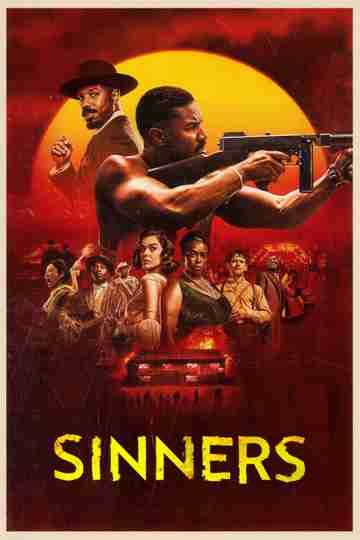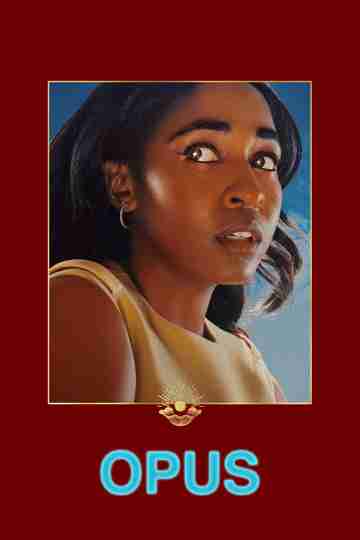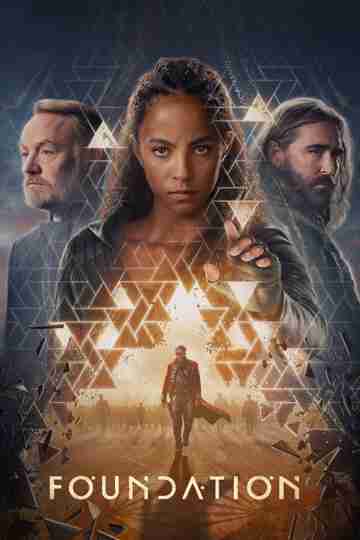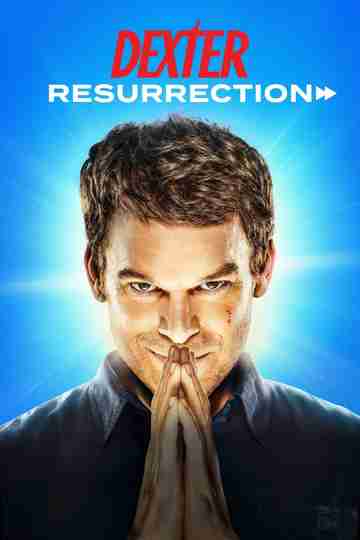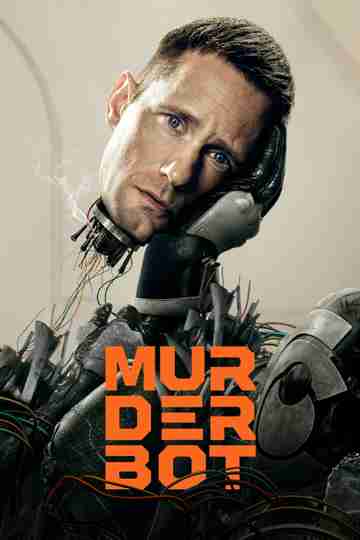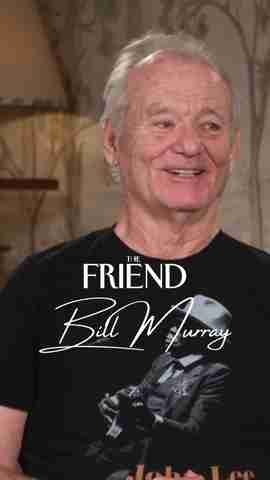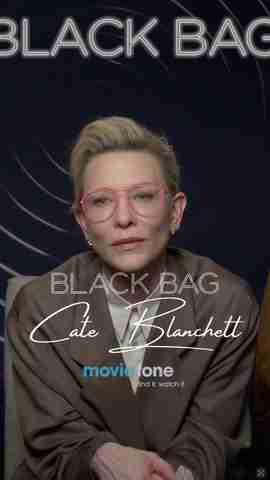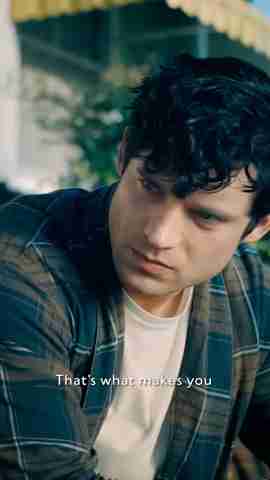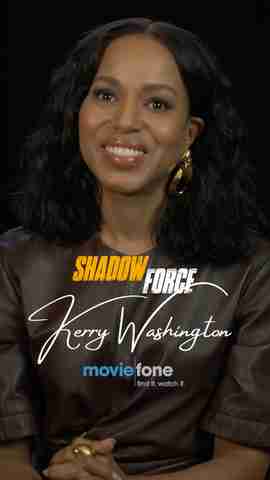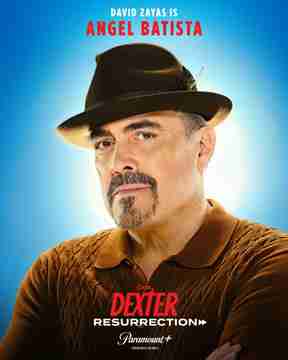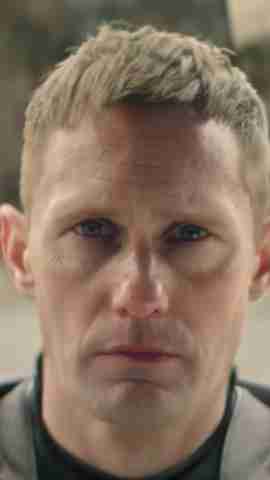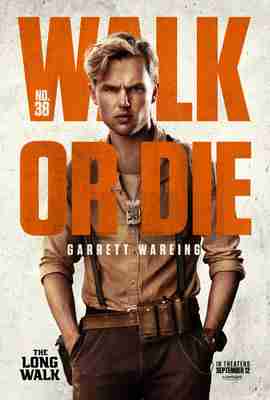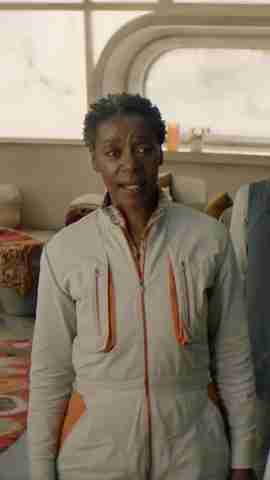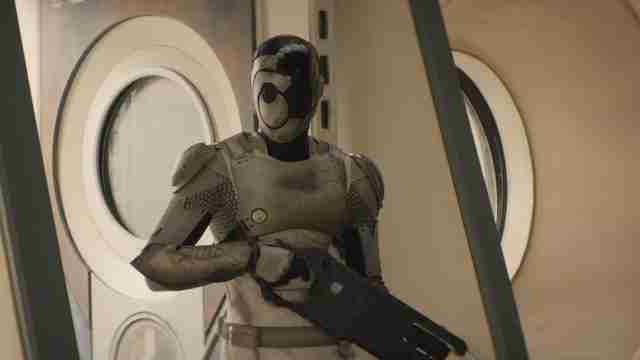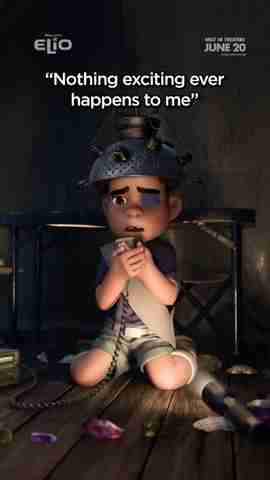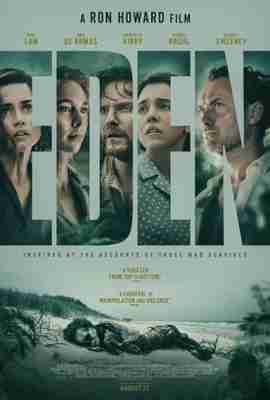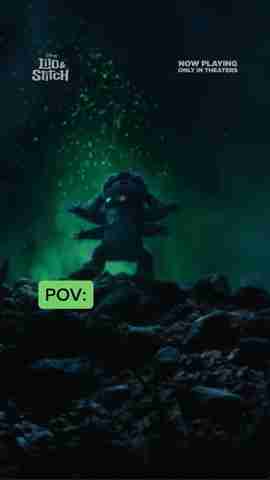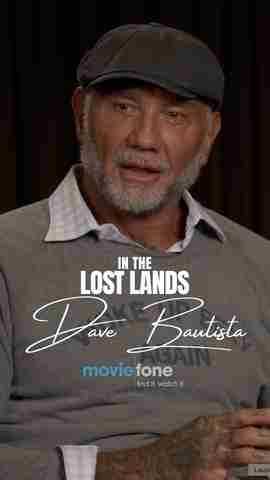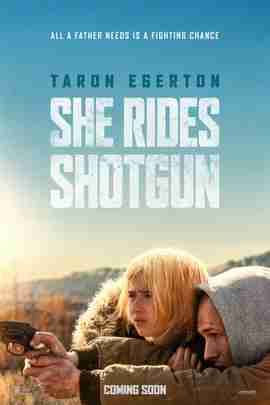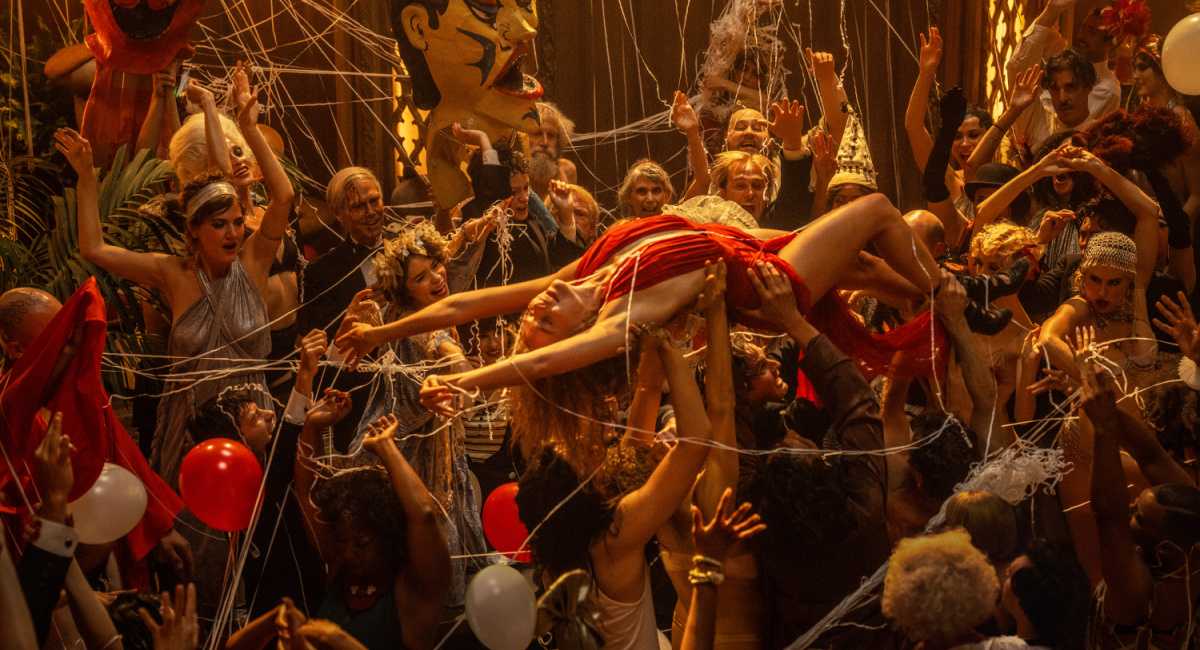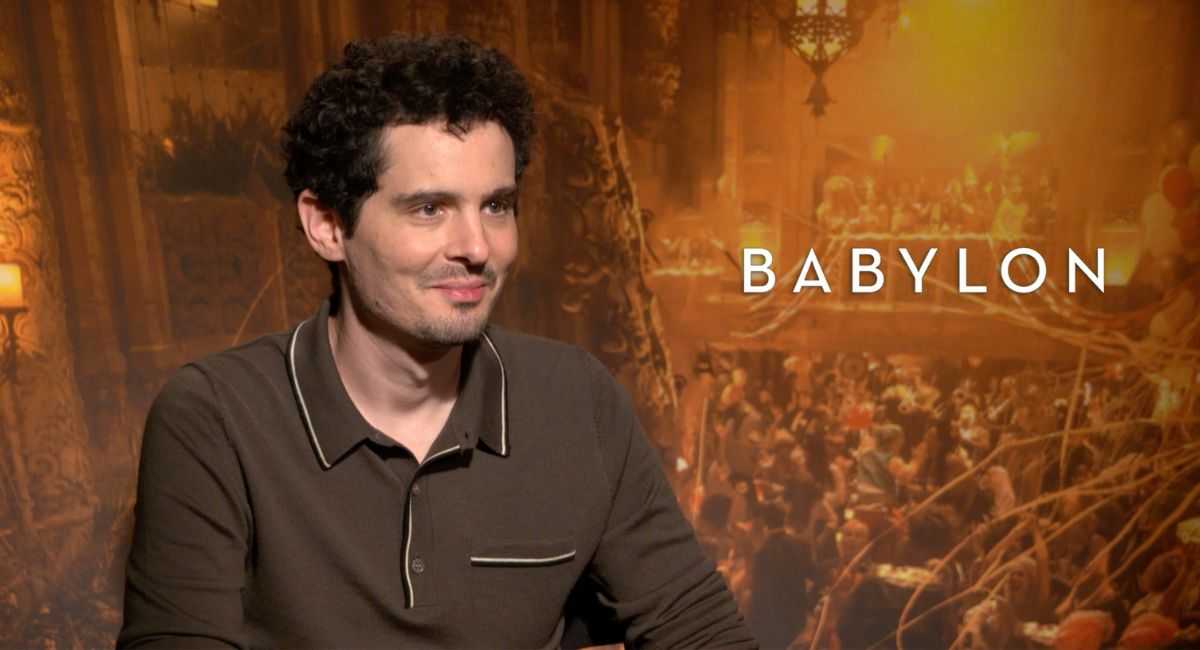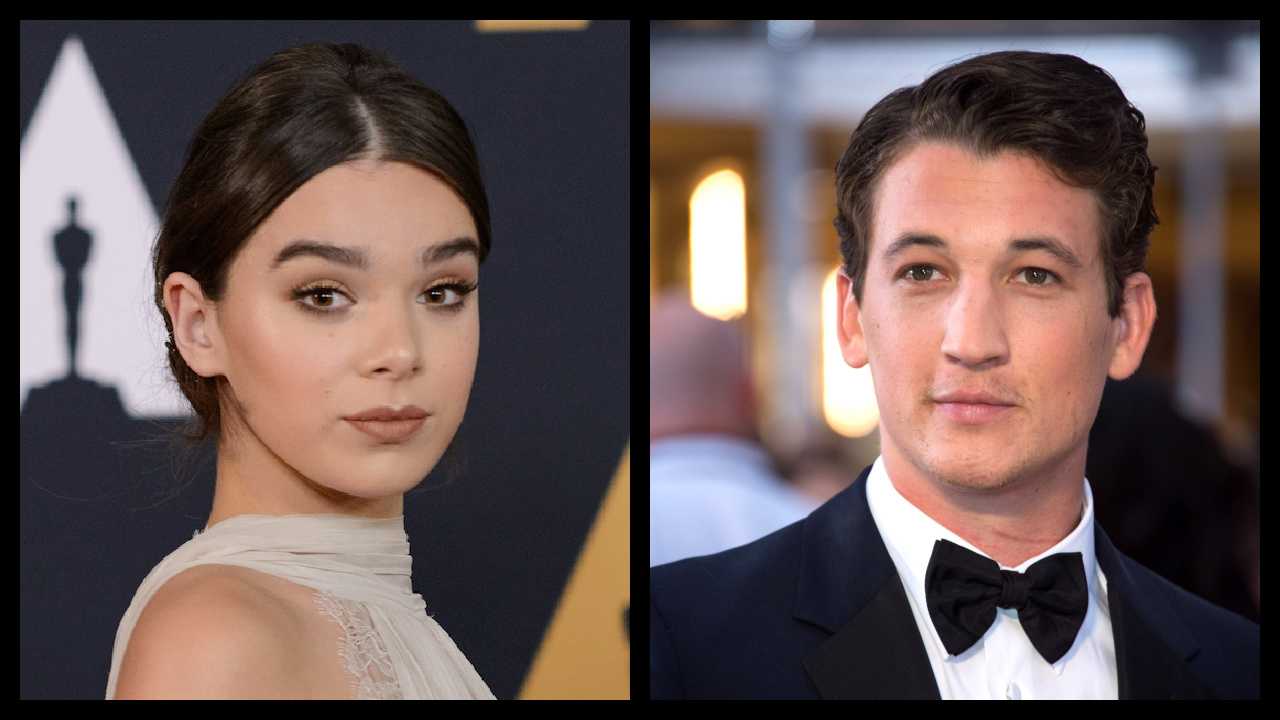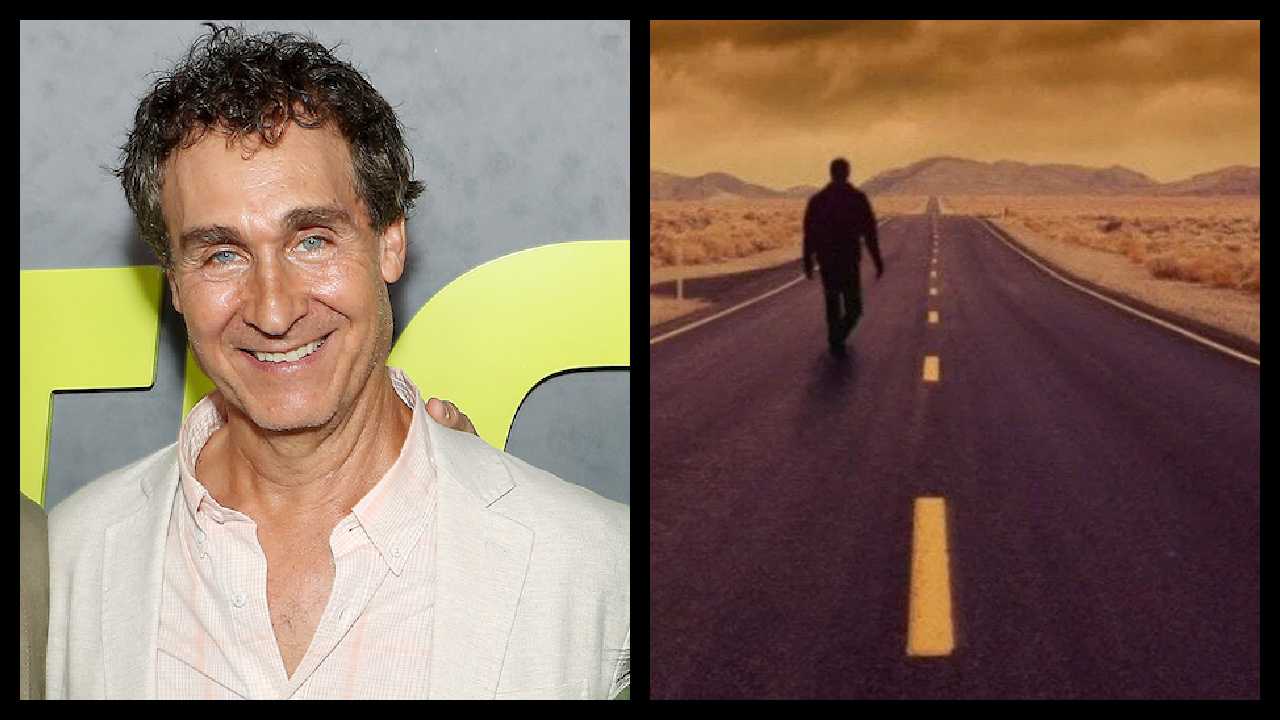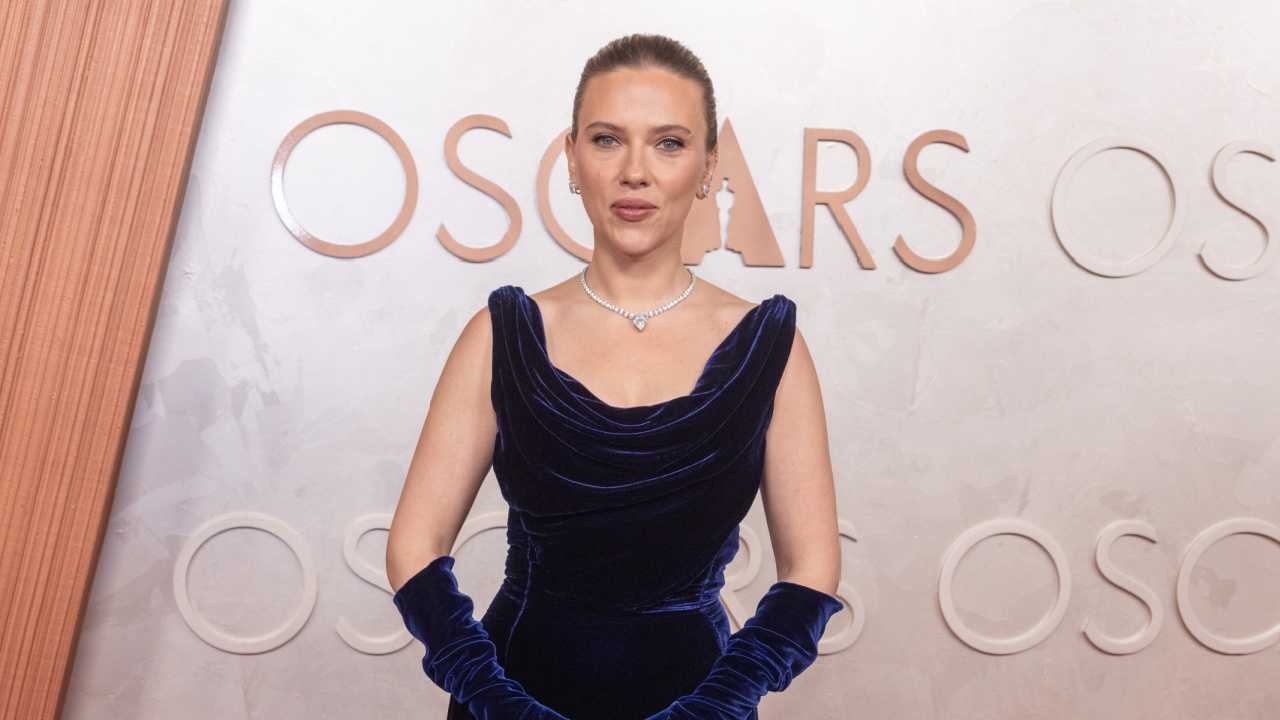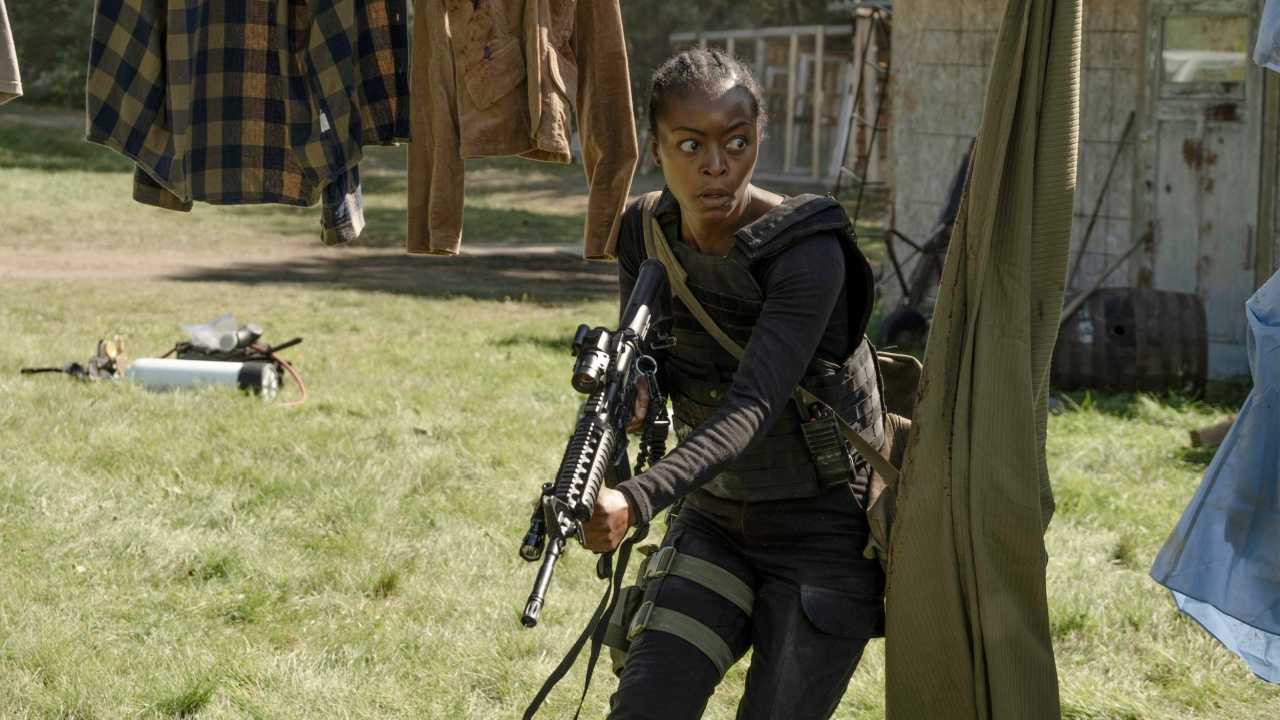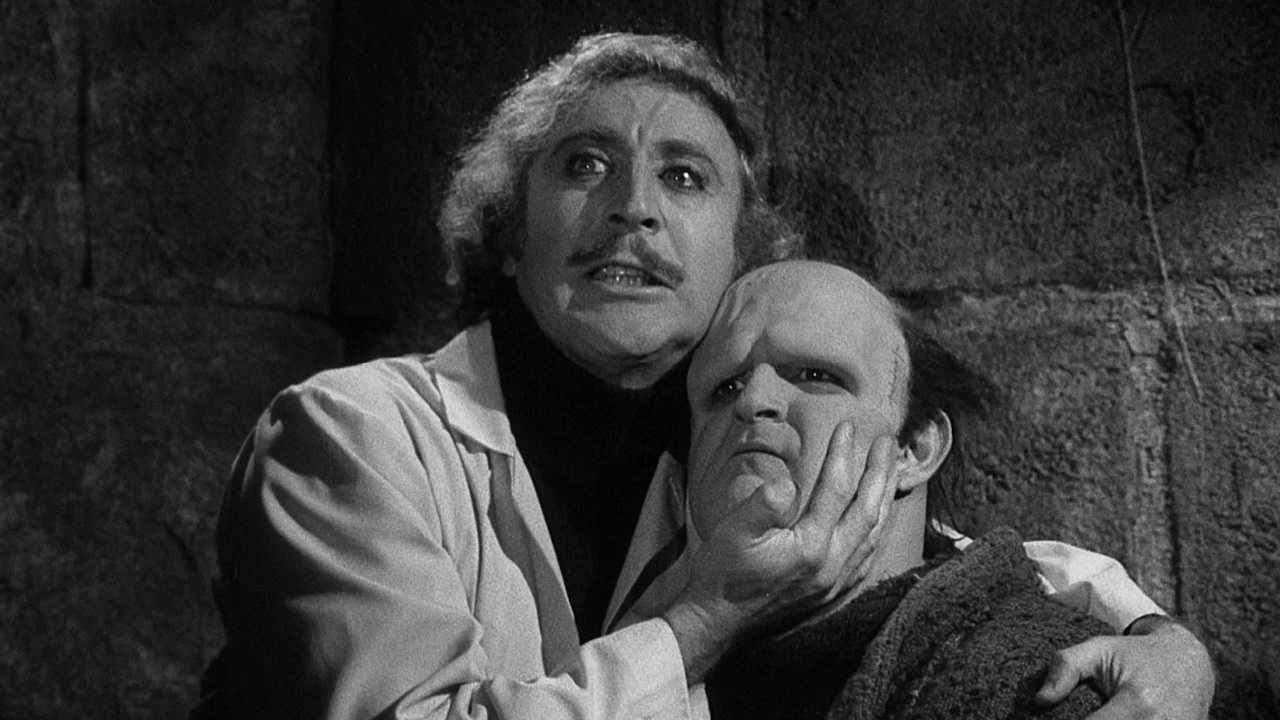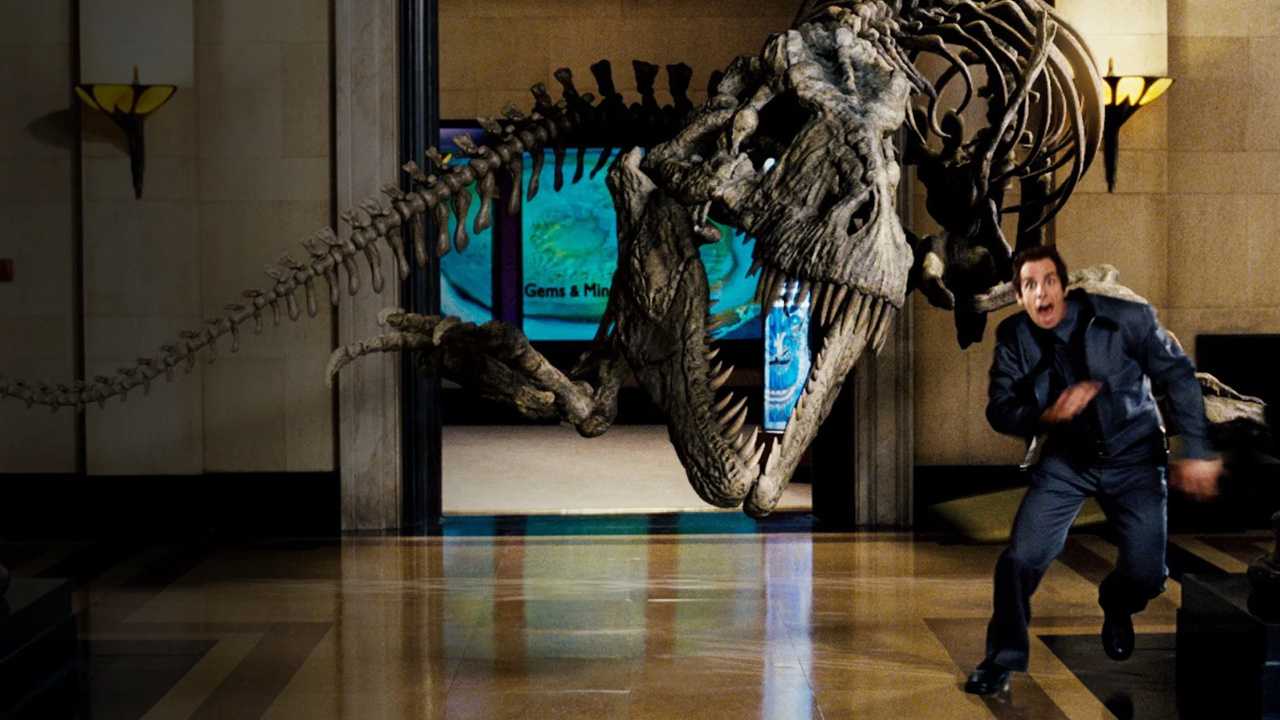Oscar Nominated Composer Justin Hurwitz Talks the Music of 'Babylon'
Moviefone speaks with composer Justin Hurwitz about 'Babylon.' "Damien (Chazelle) has storyboarded this thing down to the fraction of a second."
Currently available on digital and streaming, and arriving on Blu-ray and DVD beginning March 21st is the Oscar nominated movie ‘Babylon,’ which was directed by Oscar winner Damien Chazelle (‘La La Land’).
What is ‘Babylon’ about?
'Babylon' follows the rise and fall of a group of characters during Hollywood’s transition from silent film to talkies in the 1920s.
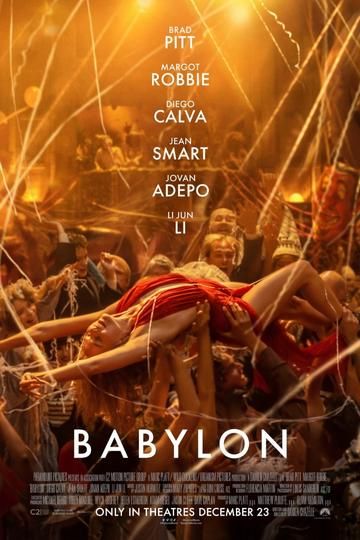
Who is in the cast of ‘Babylon?’
'Babylon' stars Brad Pitt as movie star Jack Conrad, Margot Robbie as young actress Nellie LaRoy, Diego Calva as assistant turned producer Manny Torres, Jean Smart as journalist Elinor St. John, Jovan Adepo as musician Sidney Palmer, Li Jun Li as performer Lady Fay Zhu, and Tobey Maguire as gangster James McKay.
The movie also features appearances from Lukas Haas, Max Minghella, Katherine Waterston, Flea, Jeff Garlin, Ethan Suplee, Samara Weaving, Spike Jonze, Chloe Fineman, and Olivia Wilde.
How many 2023 Academy Award nominations did ‘Babylon’ receive?
‘Babylon’ has received three 2023 Academy Award nominations including Best Costume Design, Best Production Design, and Best Original Score for composer Justin Hurwitz.
Moviefone recently had the pleasure of speaking with two-time Academy Award winning composer Justin Hurwitz about his Oscar nominated work on ‘Babylon,’ collaborating with his friend director Damien Chazelle, watching dailies and creating music for the elephant.
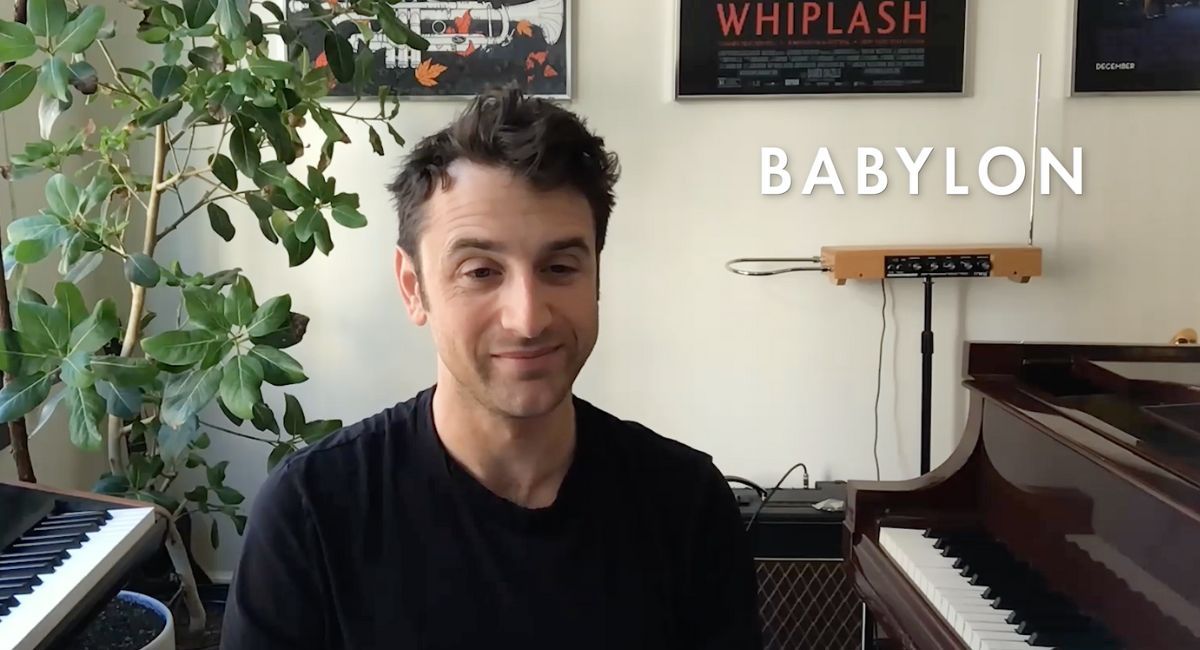
'Babylon' Composer Justin Hurwitz.
You can read the full interview below or click on the video player above to watch the interview.
Moviefone: To begin with, can you talk about your first reaction to Damien Chazelle’s screenplay for ‘Babylon’ and the themes that you wanted to explore with the score?
Justin Hurwitz: So I got the draft in fall of 2019, and I was just so entertained by it. I mean, my jaw was kind of on the floor for a lot of these scenes, and there were great monologues and really beautifully written emotional scenes as well. So it was just such a great read. The first thing I thought was, "Oh, my God, there's going to be a lot of music in this movie." So Damien and I started talking about it.
Of course it's set in old Hollywood, but what got me excited about it was right off the bat, Damien said he didn't want the music to sound like 1920s jazz. He didn't want it to sound like old movie music. He wanted to do something very different than that. So that got me excited, because I was thinking the same thing as I was reading the script. I was thinking super entertaining movie, but I don't want to have to write period music, and luckily he didn't want to do that either.
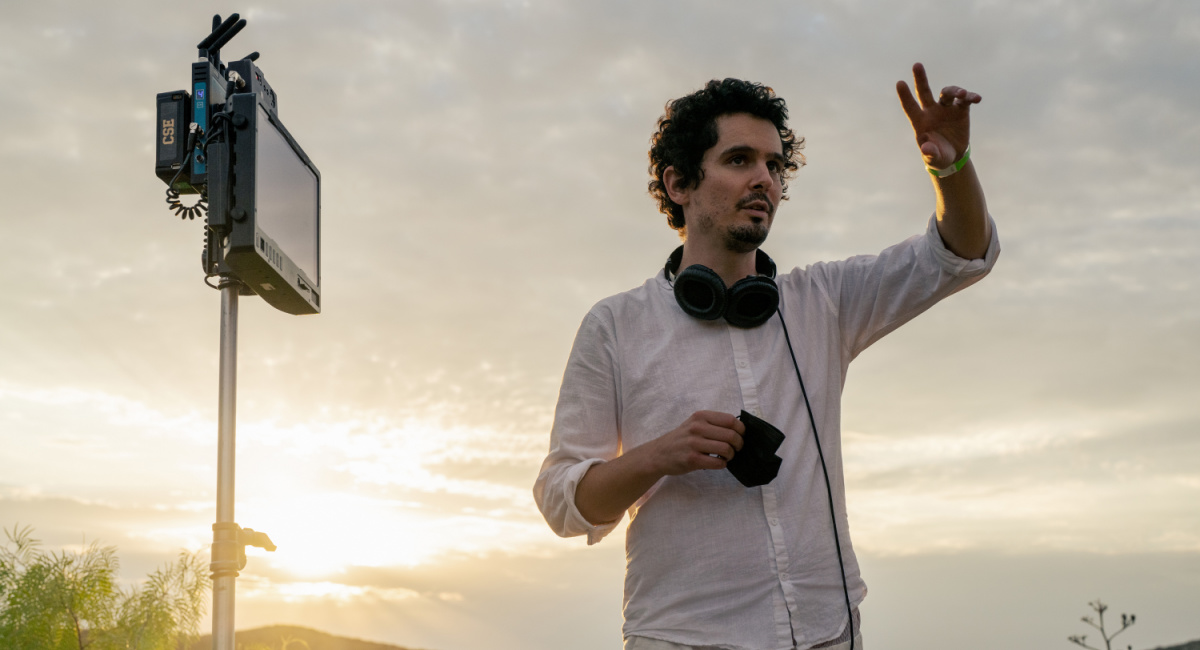
Director Damien Chazelle on the set of 'Babylon' from Paramount Pictures.
MF: You’ve composed all of director Damien Chazelle’s previous movies. Can you talk about collaborating with him, your working relationship, and how the process of scoring one of his films works?
JH: Well, so much of it feels exactly like it did when we were 20-years old working on the ‘Guy and Madeline on a Park Bench,’ which was our student film that kind of ballooned into a small feature. Just the process of sitting at the piano, coming up with ideas, making voice notes, sending idea, after idea to Damien getting, "No, no, no, maybe, no, no, no," before you finally get, "Yes, I love it, that's the one." I rely on him so much to help steer me into my best ideas, and that has never changed. Even the process of sitting at the piano and making little MP3s hasn't changed. But we've gotten more efficient over the years at certain things.
I love the way we have sort of developed it in post-production where we get offices next to each other so he can cut the movie with (editor) Tom Cross for a year or so, and I can be there the entire time, literally sharing a door. We have a suite with a shared door, so I can be in their room all the time and Damien's coming into my room. We're just going back and forth working on picture and music. That's a process we've kind of refined over the years, and I love it. Probably my favorite time is when we're in post, and we're all under one roof, and we can finish the movie together, and the score can really take shape and come together. So that's something that we learned from the past couple of movies, and we've sort of fallen into those practices.
Damien is full-time with Tom Cross, the editor, so they're working together, and then Damien's full-time with me, really. So that's why we have these shared offices. So he can be very hands-on with the editing and very hands on with the score. What's great about Damien is he has such a specific vision, and he's such a specific filmmaker. He knows what he wants visually, sonically, everything, but he also lets creative people do what we do.
So it's this very tricky balance and I think he's found the right balance. He does it very well, and you don't want to work with a filmmaker that doesn't know what they want. It's good to work with filmmakers that are very specific, and very hands on, but they need to give the latitude to the collaborators to come up with their own ideas, and explore, and be creative people of our own. So Damien does both of those things very well.
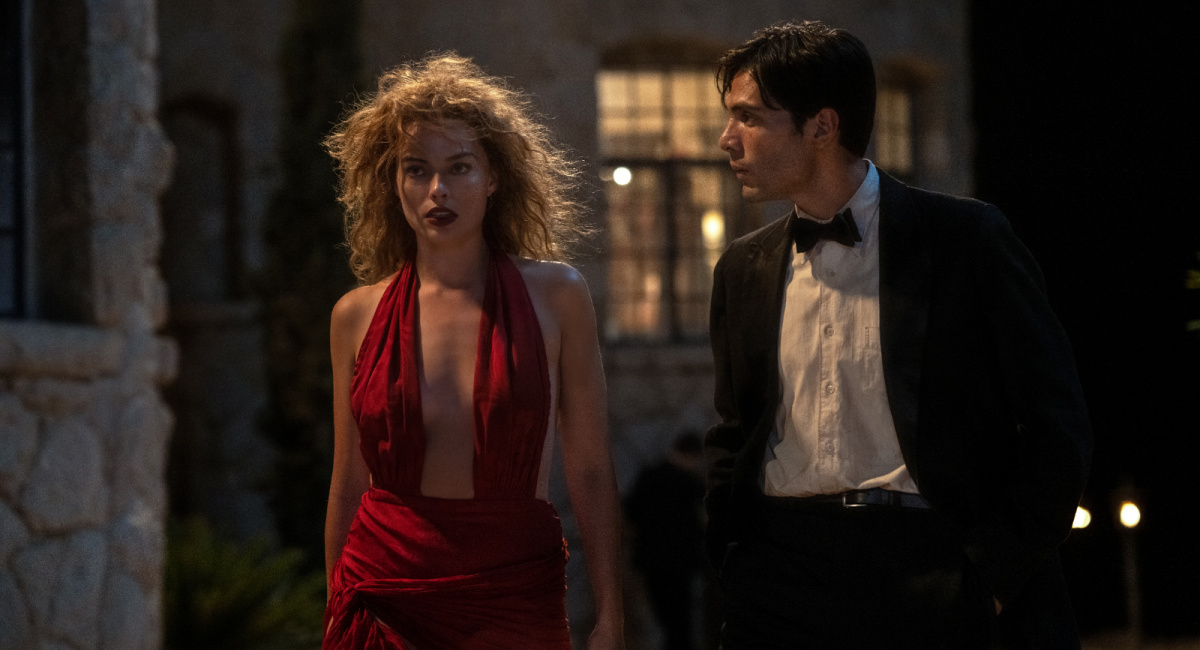
(L to R) Margot Robbie plays Nellie LaRoy and Diego Calva plays Manny Torres in 'Babylon' from Paramount Pictures.
Related Articles: Damien Chazelle Talks 'Babylon' and Working with Brad Pitt and Margot Robbie
MF: Do you watch dailies and take inspiration from the actor’s performances for the score?
JH: Absolutely. There were kind of two phases of scoring this movie. We had to create about an hour of music in pre-production before we could even shoot the movie. So I was doing tons and tons of demos. We were building that for about a year and a half. We were in the studio recording that. All of that was before the movie was shot. I was going off of the script, and I was going off of Damien's storyboards. He makes literally thousands of pages of hand-drawn storyboards, and he cuts animatics and we build to that.
Then the movie's shot, and I'm on set. So I'm there experiencing the feeling of the shoot and the scene. The performance is actually live in front of the camera. Then we have post-production and I made about another hour of music in post-production. At that point, that's more of the traditional film scoring approach, where I'm watching the dailies, the cuts, the scenes, and then the entire cuts.
For that last hour of score, these are the scenes that you have to just watch, and you have to just respond to what's in the scenes. So the Manny/Nellie cues, those relationship cues, you just have to watch and respond to the rhythms of the dialogue, and the feeling of it, and the way it's cut, and what you're seeing in the design of it all. There were plenty of cues of that sort. So there is really kind of two totally different approaches to this movie. The hour of music we did before it was shot, and then the hour of music we did after it was shot, and it's about two hours of score in total.
I mean, it's so well planned because like I said, Damien has storyboarded this thing down to the fraction of a second. While I've been building the demos, he's been building the storyboards. He's like, "Give me two more seconds here, cut a half second from there." It's like we are refining this. Of course things change, and that becomes part of my job. I said, an hour of music is created beforehand. I'm still rebuilding that music through post-production as well, because as the cut comes together, we are lengthening, or shortening, or rebuilding, and moving things around. Things are always changing. But I don't think there were any pieces of music that we recorded that just got cut from the movie or anything that was that drastically rethought when it comes to those pre-recorded tracks.
MF: Finally, what was it like scoring the scenes with the elephant?
JH: Well, I wasn't on set for the actual defecation scene. But the elephant does burst into the party a little bit later. That was fun because the track “Voodoo Mama” is the track that's going on, and that's where Nellie, Margot Robbie's character is dancing, crowd surfing, and completely owning this room. It's a real fun jazz band meets rock and roll, meets dance music sort of track. That track, as soon as the elephant bursts through the door, takes a big turn into circus music. So we have kazoos and slide whistles, and the band starts playing almost like a circus band in with all these crash symbols and circus sort of music. So the track takes a big turn there, and that was a very fun genre to play in.
We actually use circus sounds throughout the score. We bring a lot of those sounds back even during some of those really intimate Manny/Nellie cues. Those cues are kind of this mixture of three pianos that have this very fragile, broken, half out of tune quality. But in those cues, sometimes we pull in little circus sounds as well because their relationship is a bit of a circus, and it's just sort of a motif in this movie. So we had a lot of fun with many different colors in this score, including circus colors.

Margot Robbie plays Nellie LaRoy in 'Babylon' from Paramount Pictures.
Other Movies Similar to ‘Babylon:’
- 'Silent Movie' (1976)
- ‘The Artist' (2012)
- 'Whiplash' (2014)
- ‘Hail, Caesar!' (2016)
- 'La La Land' (2016)
- 'First Man' (2018)
- ‘Mank' (2020)
- 'Amsterdam' (2022)
Buy Tickets: 'Babylon' Movie Showtimes
Where to Watch: 'Babylon' Online
Buy 'Babylon' On Amazon
'Babylon' is produced by Paramount, Marc Platt Production, Material Pictures, C2 Motion Picture Group, Wild Chickens and Organism Pictures. 'Babylon' debuts on digital and streaming January 31st, and will be available on Blu-ray and DVD beginning March 21st.

